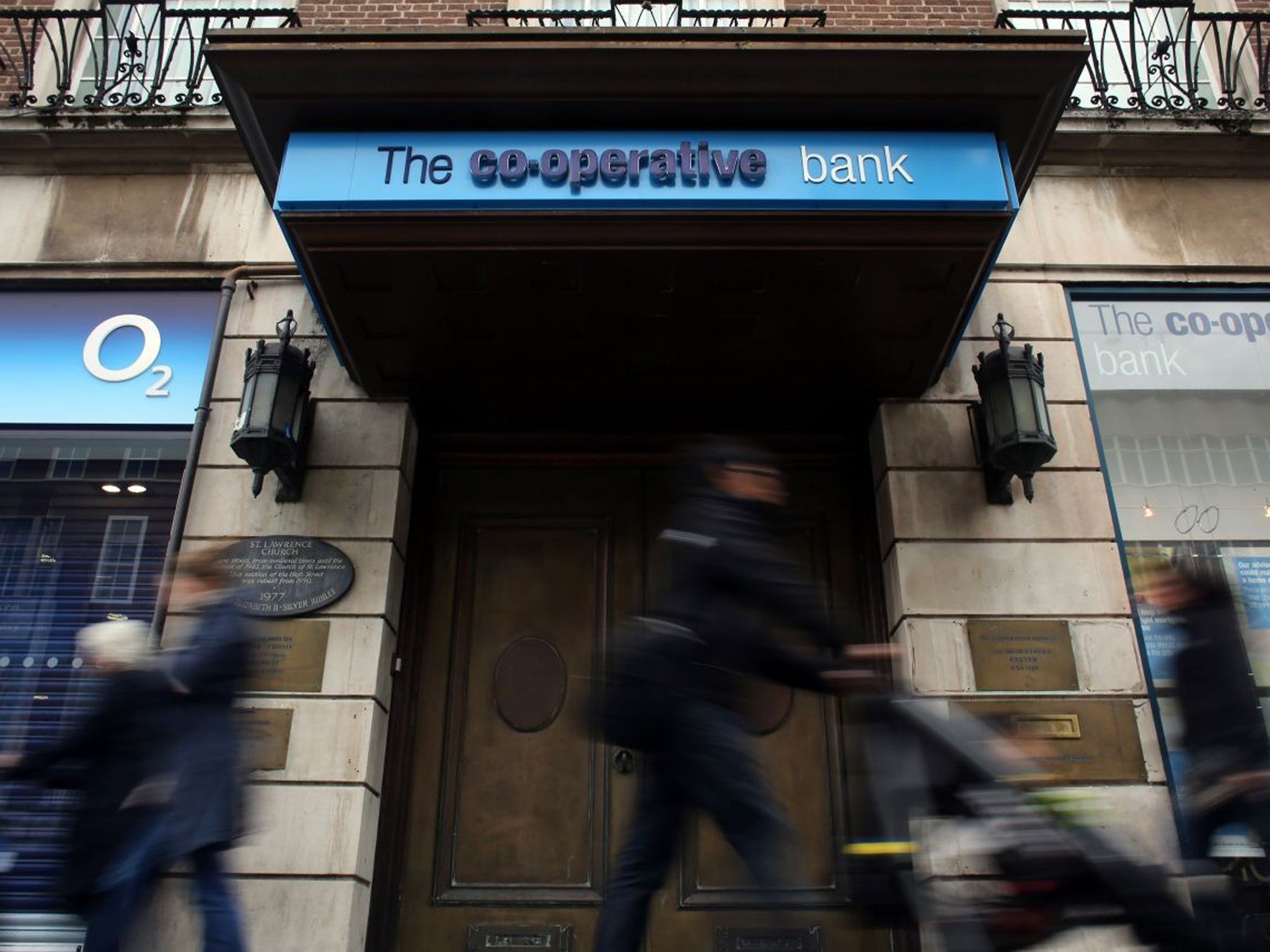Co-op fiasco ‘left TSB so small it may struggle’
Bungling KPMG and regulators left it too late for bank to find a stronger, better partner

The auditors, regulators and former directors of the Co-operative are today sharply criticised in a damning report into the failed attempt to merge the Coop Bank with the Lloyds branches codenamed Project Verde that became what is now the TSB.
The Treasury Select Committee’s report into the so-Verde fiasco also voices fears that without Co-op’s branches, TSB, in the process of being spun out of Lloyds through a staged stock exchange flotation, could struggle to compete because of its limited market share.
As a result of the bungled Coop deal, the MPs’ report says of TSB: “It has a personal current account market share not of 7 per cent, but of 4.2 per cent. There is a risk that a bank of this size might struggle to grow significantly and to act as a true challenger in the market.”
The committee’s report calls on the Financial Reporting Council (FRC) and a Treasury commissioned inquiry to investigate whether Co-op’s auditor KPMG, or its former watchdog, the Financial Services Authority, should have picked up the hole in Co-op’s accounts that killed the deal much earlier than they did.
It says of the accountancy firm: “The committee is surprised that, in spite of the evidence it has heard, Co-op Bank’s former auditors, KPMG, maintain that Co-op Bank was not an outlier in terms of its impairments [bad loans].
“The FRC’s inquiry into the approval and audit of Co-op Bank’s financial statements should determine precisely how Co-op Bank’s approach to recording impairments differed to that of other banks, and why KPMG apparently failed to uncover this.
“The independent inquiry into events at Co-op Bank should also look closely at the shortcomings of the bank’s auditor.”
It also describes Co-op’s governance as “deficient”, “inadequate” and “shocking” in a bank that came close to becoming a major challenger to Britain’s so-called big four of Barclays, HSBC, Royal Bank of Scotland and Lloyds Banking Group.
And it calls for a shake up of the “approved persons regime” governing senior managers, as a result.
The Treasury Select Committee’s chairman Andrew Tyrie will further hit out at what he calls the “apparent shortcomings of the FSA” in supervising Co-op Bank.
But the committee’s investigation will clear the Chancellor, George Osborne, and the Treasury of exerting undue influence over the process, after the City grandee Lord Levene had claimed political interference was behind the failure of a bid tabled by NBNK, a bank takeover vehicle he chaired.
The report cites “strong and unambiguous denials from those involved – Lloyds, the regulator, Co-op and the Treasury”.
“It is difficult to think of an explanation that would sustain Lord Levene’s allegation,” it adds.
It also lambasts Paul Flowers, the former chairman of the Co-op Bank, saying it “does not consider Mr Flowers as a reliable witness” – “on Verde, on the Britannia deal, or on any other matter” – and said it did not take his evidence into account. Mr Flowers, who had also been the deputy chairman of the Co-operative Group, subsequently admitted drugs offences and was fined at Leeds Magistrates Court.
Niall Booker, the Co-op Bank’s current boss, has apologised for “past failings” and says the bank will consider the report.
Join our commenting forum
Join thought-provoking conversations, follow other Independent readers and see their replies
Comments
Bookmark popover
Removed from bookmarks